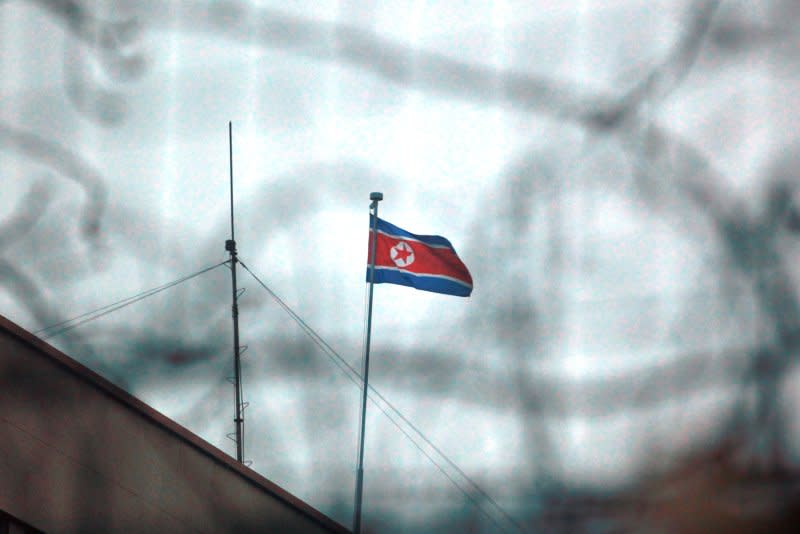U.S. researcher: North Korea is expanding digital surveillance on its citizens

SEOUL, May 13 (UPI) -- North Korea is already one of the most repressive regimes in the world but is steadily adding a slate of digital surveillance tools to further control its citizens, a U.S.-based North Korea expert said Monday.
From smartphones to streaming set-top boxes to traffic cameras, technology is growing more common in everyday North Korean life, Stimson Center senior fellow Marty Williams told reporters at a briefing in Seoul. And the regime of Kim Jong Un is using these new digital tools to spy on its citizens more effectively than ever before.
"[Digital] surveillance can be used against all levels of society, to make sure that they're all doing the jobs that they're meant to," Williams said.
Williams co-authored a report last month for Stimson's 38 North website that drew on interviews with North Korean escapees, footage from state-run media and public research from universities.
The report found that North Korea has long been developing facial recognition software and is building out a database of its citizens' biometric data. Video cameras have also become increasingly widespread in schools, workplaces and border areas.

Williams said cameras at the borders, which have been tightly closed since the start of the COVID-19 pandemic, may not only detect people escaping but can also be used to stop guards from taking bribes to let people cross.
"Now, the security services themselves are being monitored from somewhere far away," he said.
While North Korea is developing its own software for digital surveillance, it has turned to China -- its neighbor and closest ally -- for hardware such as smartphones and digital cameras. But Pyongyang still faces technical hurdles to implementing a system as pervasive as Beijing's surveillance state, from lack of funds to spotty electricity supply to slow cellular networks.
"North Korea has a human analog surveillance that far surpasses that of any other country in the world, but digitally they're nowhere near the same level that China is at the moment," Williams said.
However, North Korea started installing a 4G network in 2023 and looks likely to continue to develop its digital surveillance capabilities, Williams said. The new tools come as Pyongyang has clamped down more tightly on its citizens' rights in recent years, passing laws banning the smuggling or viewing of foreign content and even outlawing South Korean slang.
"[North Korea] has done a scarily effective job with analog human networks," Williams said. "And with the advent of digital technology, why wouldn't this [also] be adopted? So we think it's something that we're going to see more and more in the coming years."

